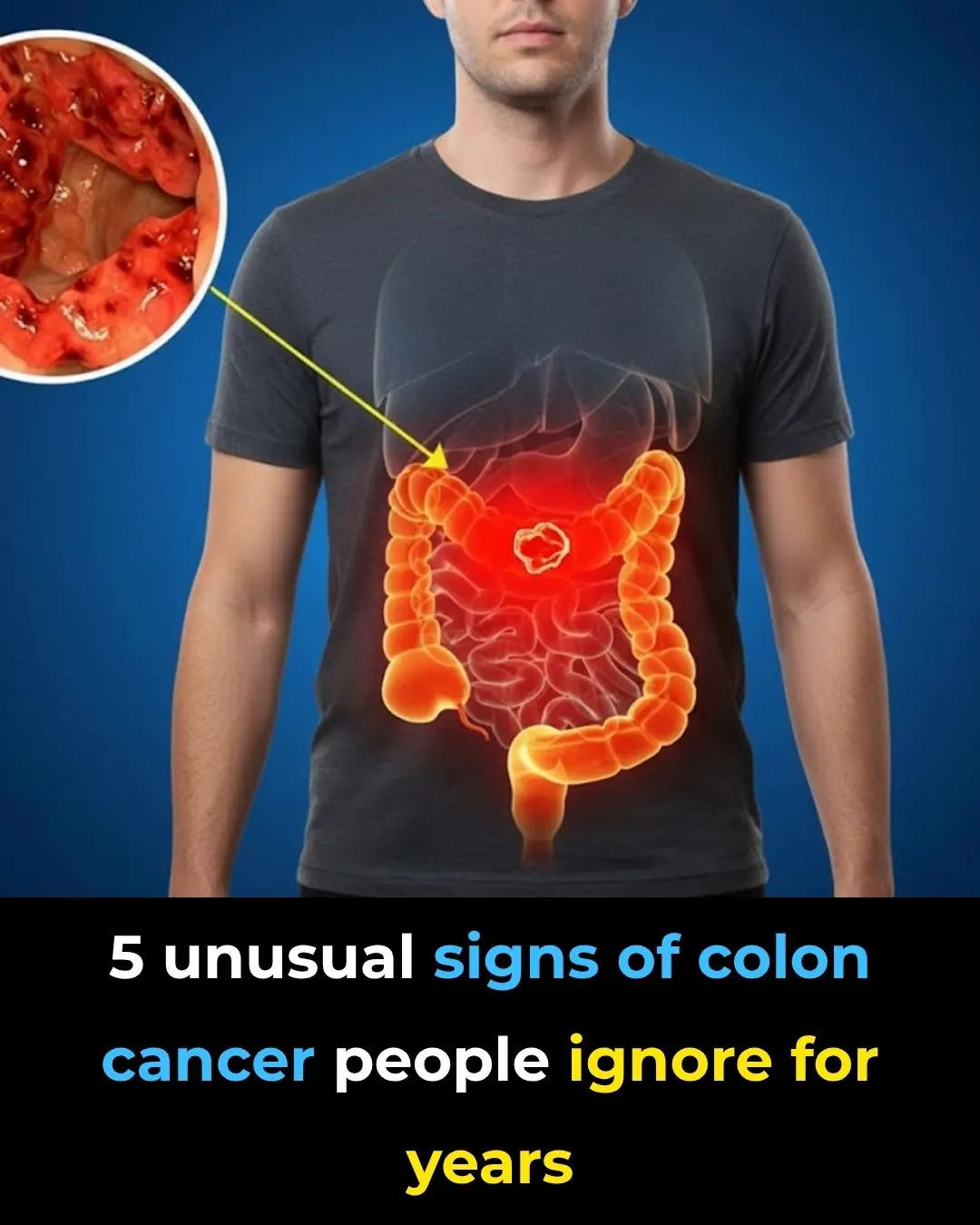
The shocking truth about blocked arteries—it’s NOT just fatty foods!

Most people think clogged arteries come from eating too much fatty food — bacon, butter, burgers, and all the “bad” stuff. But that’s not the full story.
In fact, the real cause of artery blockages is far more complex — and one key player behind the scenes is a hormone you’ve probably heard of: insulin.
In this article, we’ll explore how insulin impacts your arteries, how long this process actually takes, and what you can do to protect your heart. By the end, you’ll understand why heart disease is as much a metabolic issue as it is a cardiovascular one.
🧩 The Real Culprit Behind Clogged Arteries
It’s easy to assume that the fat you eat turns straight into the fat in your arteries — but your body doesn’t work like a simple storage tank.
Cholesterol buildup, also known as atherosclerosis, is a gradual process that develops over years. It starts silently, often decades before symptoms appear, and is strongly linked to something deeper: insulin resistance.
Think of insulin resistance as your body’s way of saying, “I’m not listening to insulin anymore.”
When that happens, blood sugar stays high, insulin levels rise even more, and inflammation starts spreading — creating the perfect storm for artery damage.
So if you’ve got clogged arteries, it’s very likely your body is also struggling with insulin resistance. These two problems almost always go hand in hand.
💡 What Is Insulin and Why Does It Matter?
Insulin is a powerful hormone made by your pancreas. Its job is to help move glucose (sugar) from your bloodstream into your cells, where it’s used for energy.
Here’s what happens in a healthy system:
-
You eat.
-
Blood sugar rises.
-
Insulin is released.
-
Sugar moves into your cells.
-
Blood sugar returns to normal.
But when your body becomes insulin resistant, this elegant process starts breaking down.
Your pancreas has to pump out more and more insulin just to get the same effect. Over time, this chronic insulin overload can cause widespread inflammation, weight gain, and — yes — clogged arteries.
🏃♀️ Why Low-Fat Diets and Exercise Alone Don’t Always Work
For decades, the advice was simple: eat less fat and move more. While exercise and calorie control are undeniably good for you, they don’t always fix the root of the problem — high insulin levels.
I’ve seen many people work tirelessly at the gym, lose weight through sheer willpower, only to gain it all back months later. Their blood work often revealed the same underlying issue: insulin resistance.
The truth is, you can’t outrun a hormone imbalance.
If your insulin remains high, your body stays in “fat-storage mode,” and your arteries continue to suffer — even if you’re technically eating “healthy” foods.
📊 How Insulin Reacts to Different Foods
To understand this better, imagine a study where people fast overnight and then eat different types of food — carbohydrates, protein, or fat. Researchers track their insulin levels every 30 minutes for six hours.
🍞 Carbohydrates
When healthy people ate only carbs, their insulin levels spiked dramatically, sometimes over 100.
It took about 4–5 hours for insulin to drop back to a healthy range (under 20).
🍗 Protein
Protein also caused an insulin increase, though not as steep as carbs. Still, it took nearly six hours to normalize.
🥑 Fat
Here’s the interesting part: when participants ate only fat, insulin barely budged. It rose slightly after an hour, then returned to baseline within two hours.
Now, let’s compare that with what happens in people who are insulin resistant.
⚠️ Insulin Response in People With Metabolic Issues
When individuals with insulin resistance eat the same foods, their results are very different:
-
Carbohydrates: Their insulin spikes even higher — and stays elevated for over six hours.
-
Protein: Causes a similar exaggerated response that doesn’t settle back down.
-
Fat: Even foods high in fat, which normally have minimal impact, cause a noticeable insulin rise that remains elevated for hours.
This prolonged, chronic insulin elevation damages blood vessels, accelerates plaque formation, and fuels the inflammation that leads to heart disease.
In other words — it’s not just about cholesterol; it’s about how your body handles insulin.
🧠 Why High Insulin Is So Dangerous for the Heart
Excess insulin can trigger several harmful processes:
-
Promotes inflammation in artery walls
-
Increases triglycerides and lowers HDL (the “good” cholesterol)
-
Causes sodium retention, leading to higher blood pressure
-
Encourages fat storage around the organs (visceral fat), which worsens insulin resistance
It’s a vicious cycle — one that slowly erodes vascular health over time.
🩺 Taking Control of Your Health
So if dietary fat isn’t the villain, what is?
It’s the internal chemistry of your body — especially how insulin behaves. The fat that ends up in your arteries often comes from the metabolic chaos triggered by high insulin and inflammation, not simply from fatty foods on your plate.
If you’ve already experienced a blockage or heart event, the situation is serious — but not hopeless.
One powerful healing mechanism your body already has is autophagy, a natural “cleanup” process that removes damaged cells and regenerates new ones.
Autophagy can be encouraged through practices like:
-
Intermittent fasting
-
Reducing refined carbs and sugars
-
Getting quality sleep
-
Managing stress
-
Staying physically active (without overtraining)
🗝️ Key Takeaways
-
Insulin resistance is a major driver of clogged arteries.
-
Chronically high insulin levels cause inflammation, fat storage, and artery damage.
-
Managing insulin — not just reducing fat — is key to heart health.
-
A balanced lifestyle with proper nutrition, sleep, and stress management can restore metabolic balance.
❤️ Final Thoughts
Artery blockages don’t happen overnight, and they’re not simply a matter of eating too much fat. They’re a sign that your body’s hormonal and metabolic systems — especially insulin regulation — have been out of balance for years.
By understanding insulin’s role and adjusting your diet and lifestyle to keep it stable, you can begin reversing the damage, protecting your arteries, and taking back control of your long-term health.
So the next time you think about heart health, don’t just ask, “How much fat am I eating?” —
Ask instead, “How healthy is my insulin?” 🩸💪
News in the same category

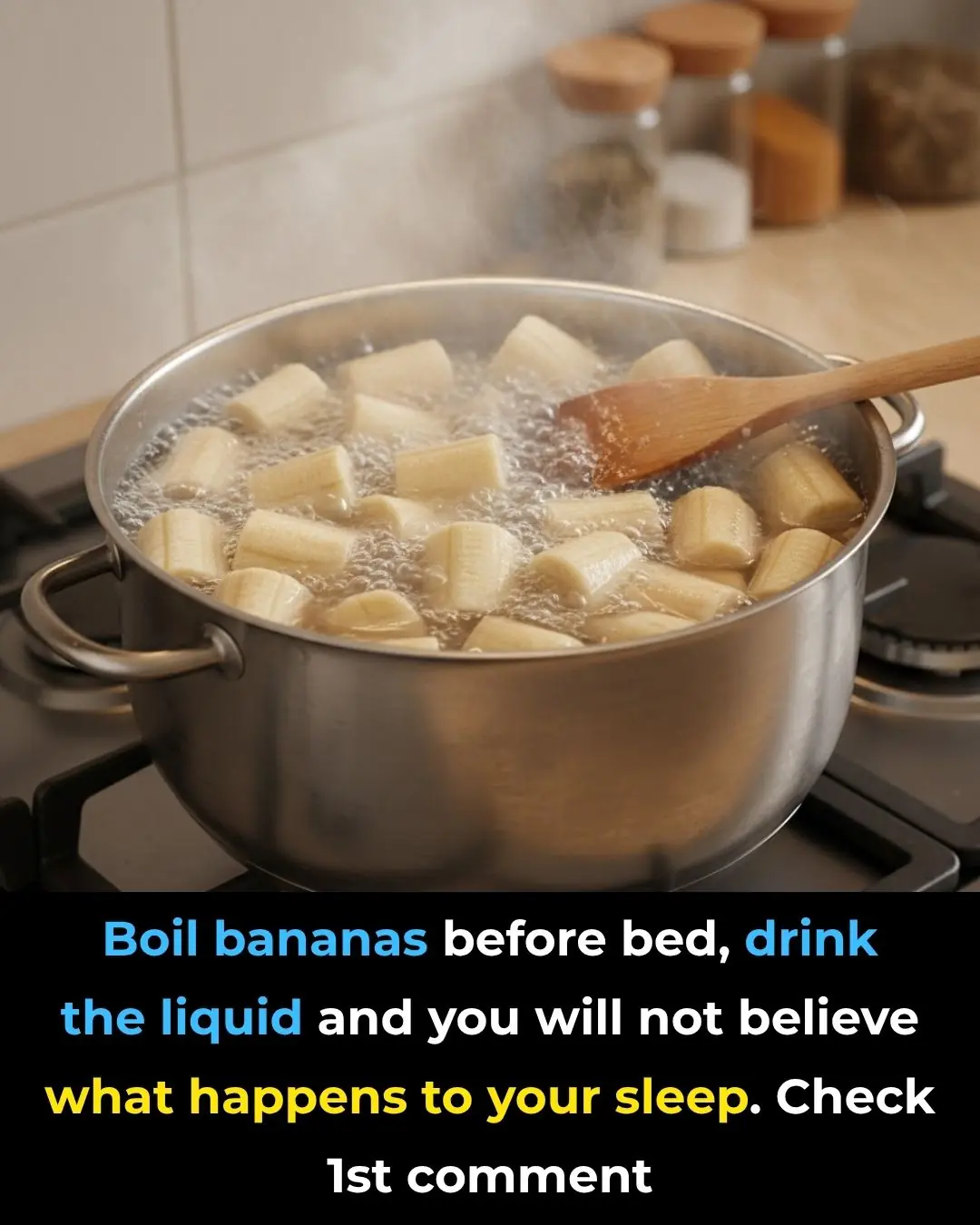
Boil bananas before bed, drink the liquid and you will not believe what happens to your sleep
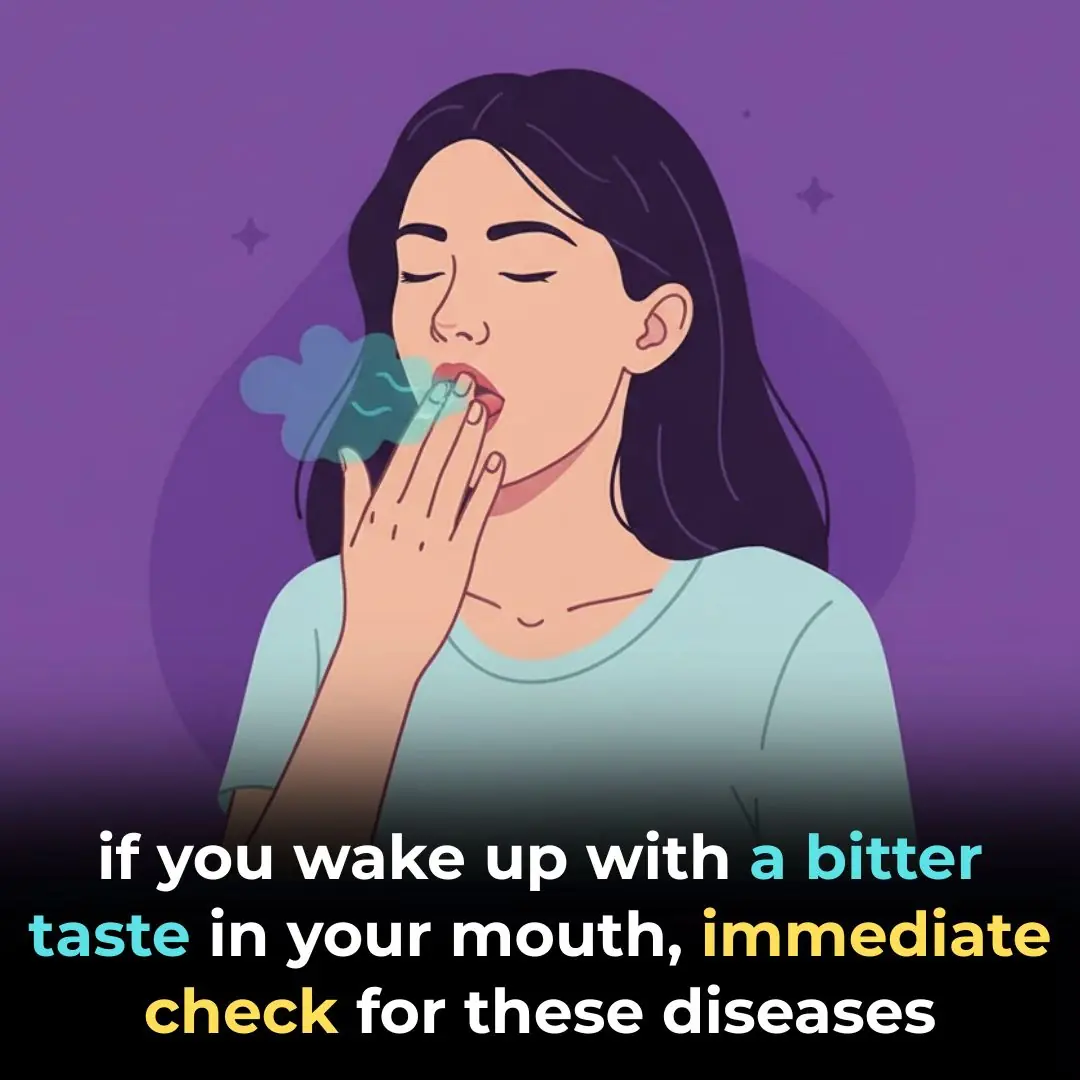
Bitter Taste In Your Mouth Discover Most Common Cause
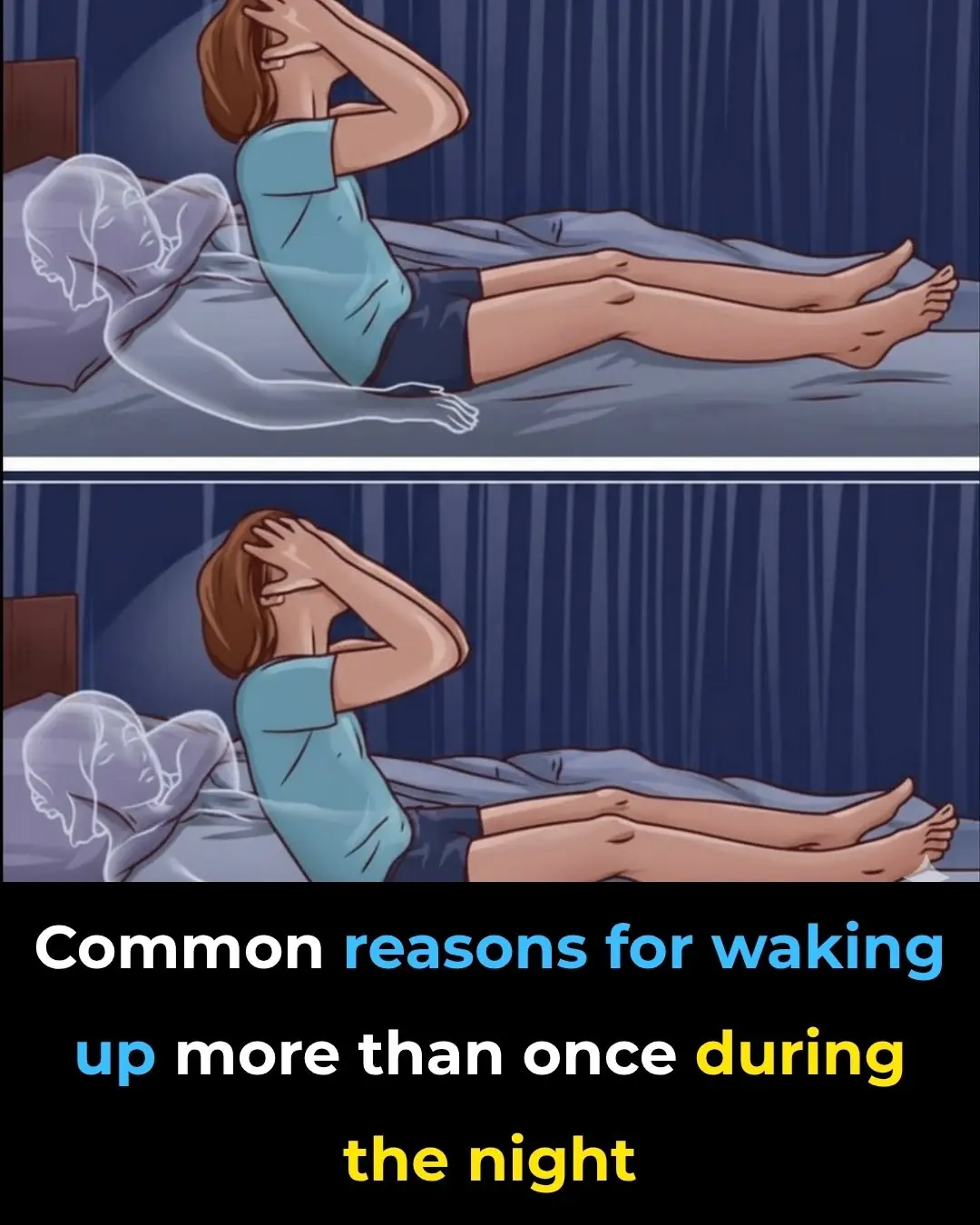
8 Common Reasons For Waking Up at Night
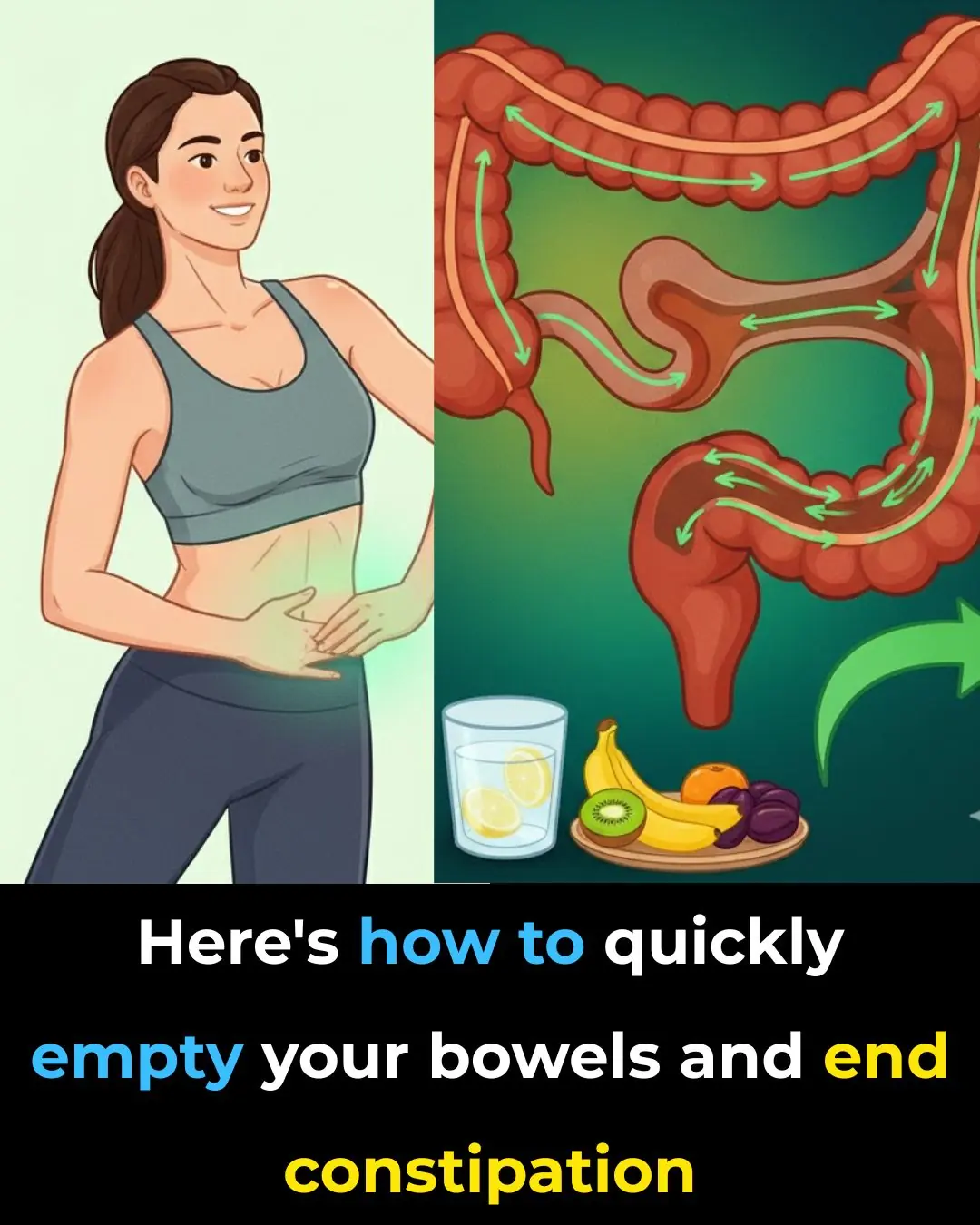
How to Get Rid of Constipation: The Best Home Remedies That Really Work
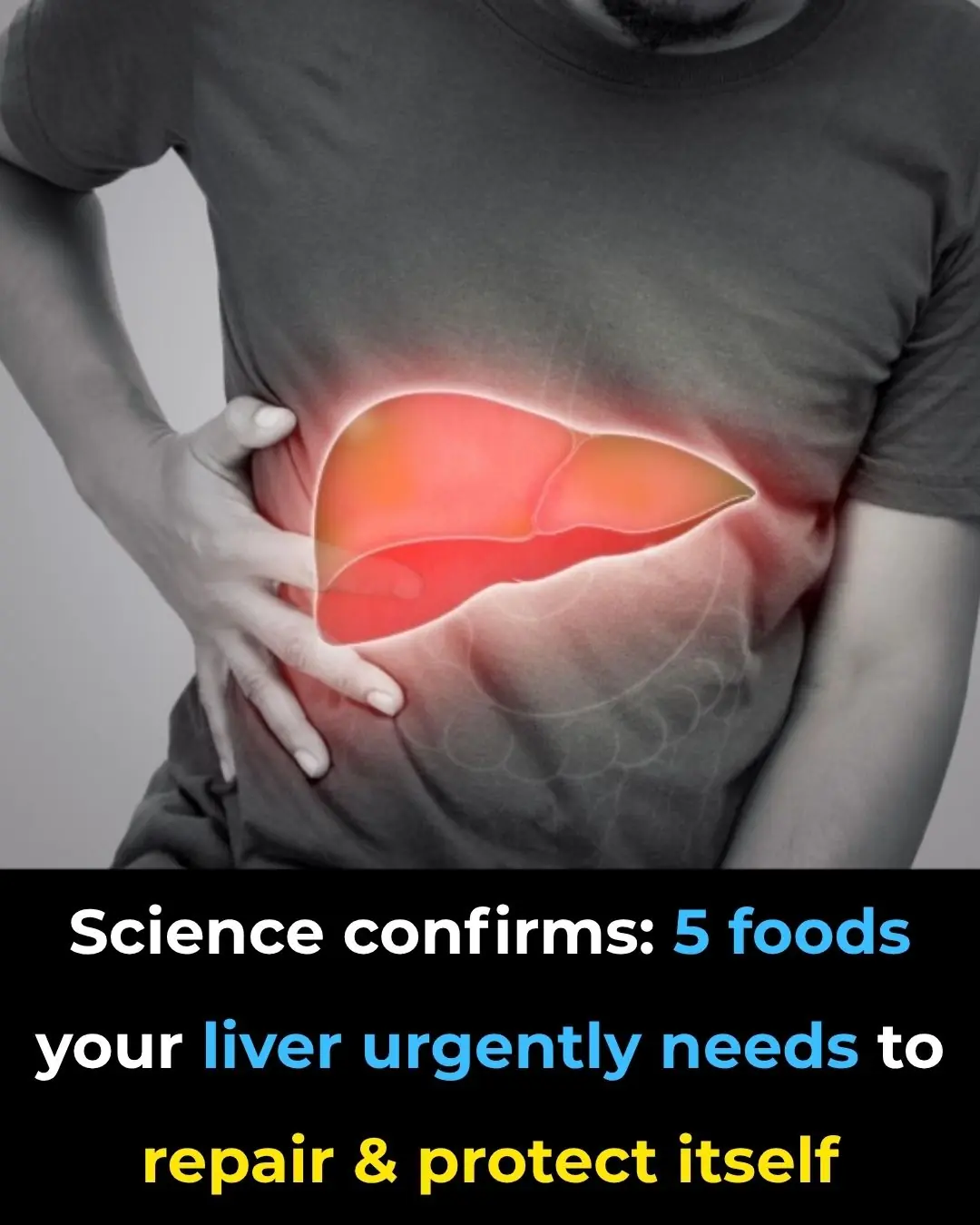
The Best Scientifically Proven Foods to Cleanse Your Liver
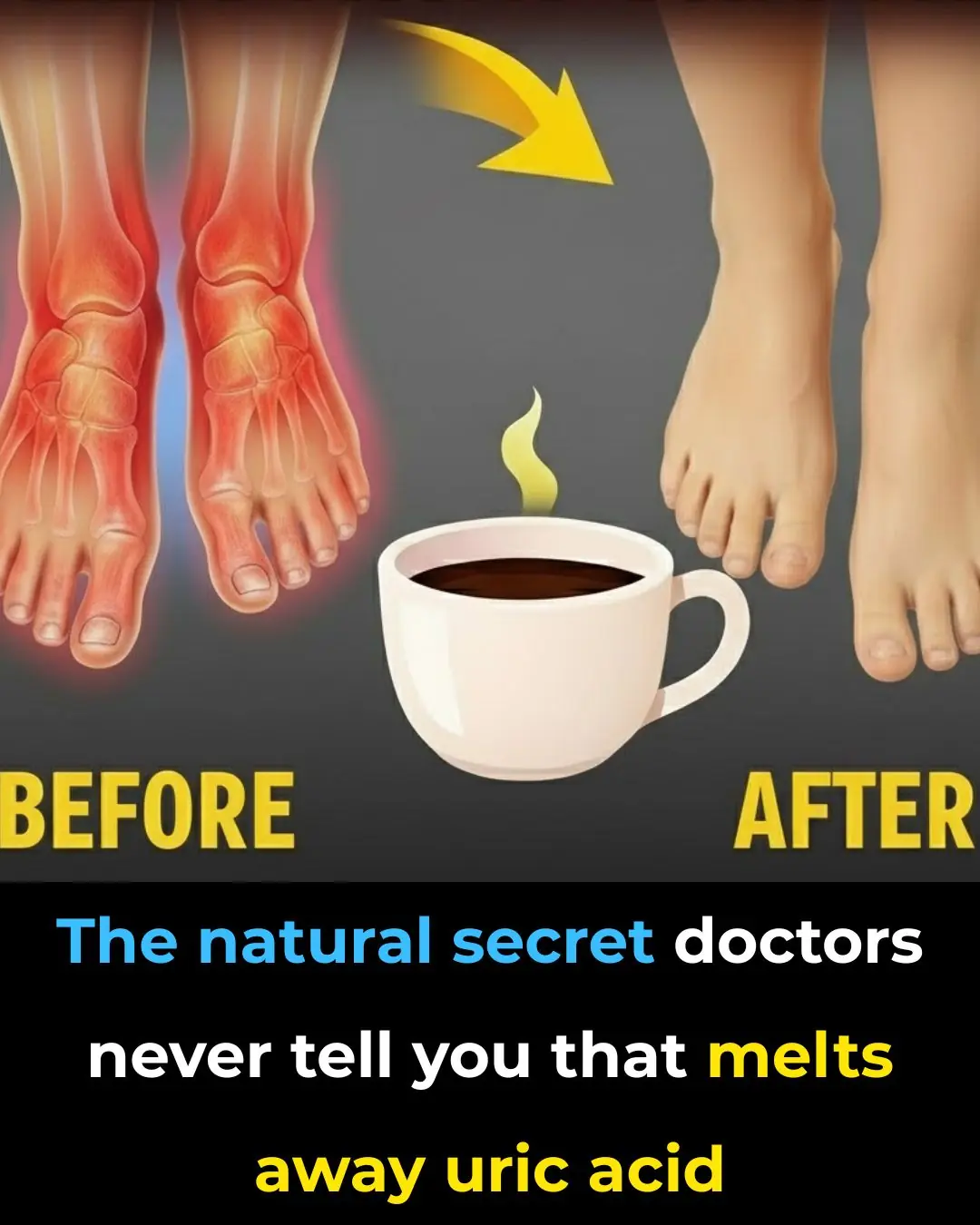
The Best Natural Gout Treatments: Remove Uric Acid Crystallization To Prevent Gout And Joint Pain
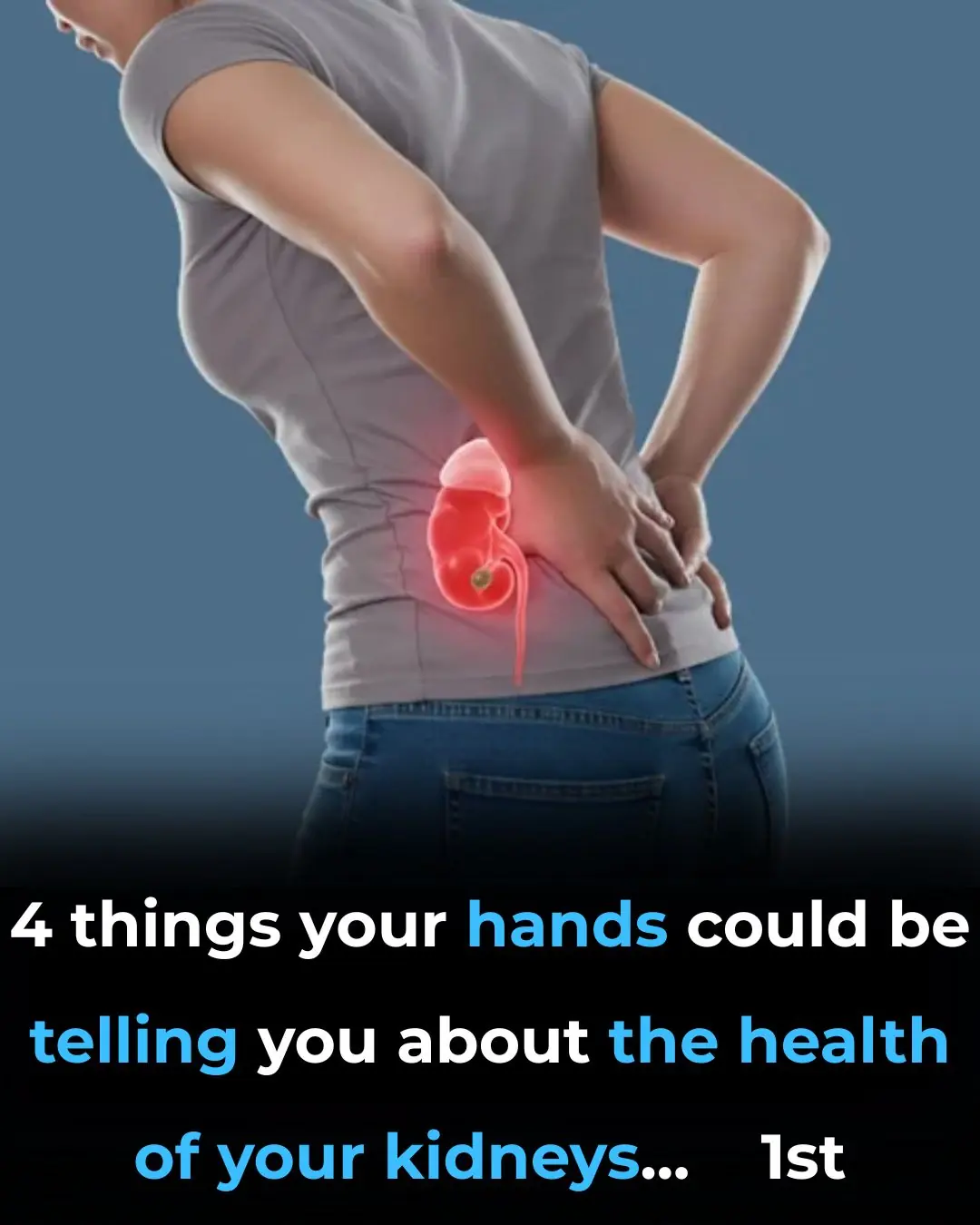
4 things your hands could be telling you about the health of your kidneys
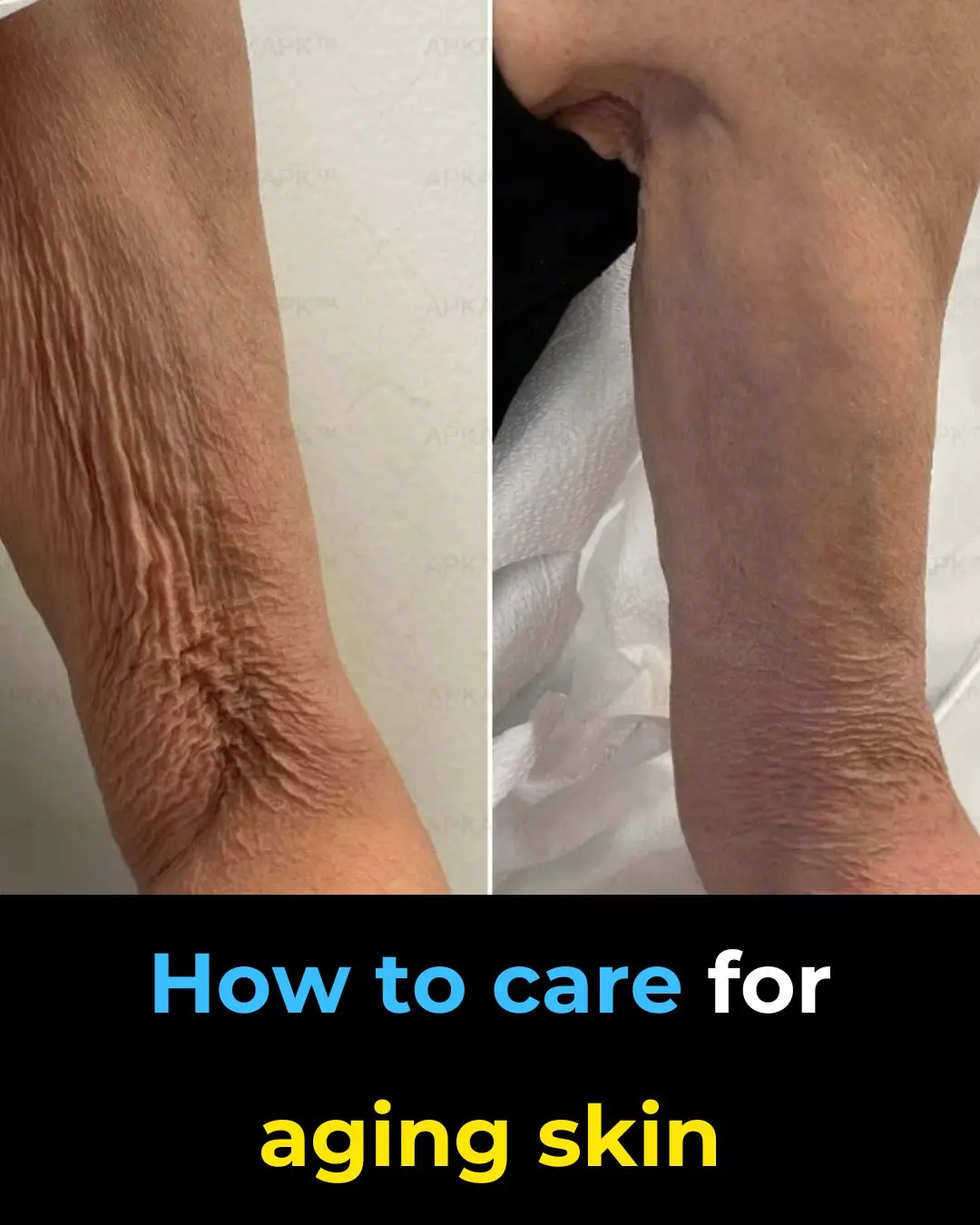
The Secret to Caring for Your Aging Skin – Gentle, Effective & Realistic
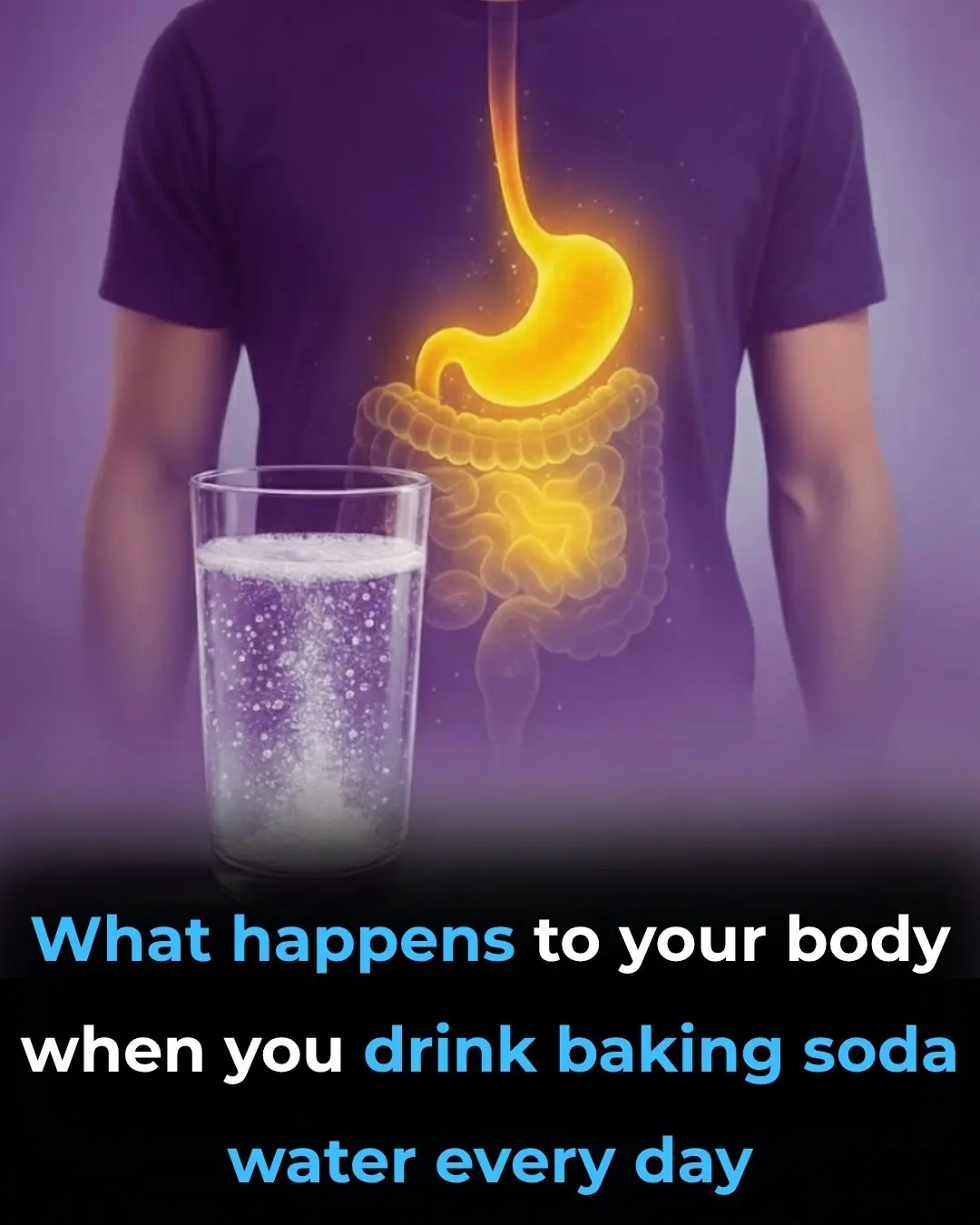
12 Amazing Benefits of Drinking Baking Soda Water Daily
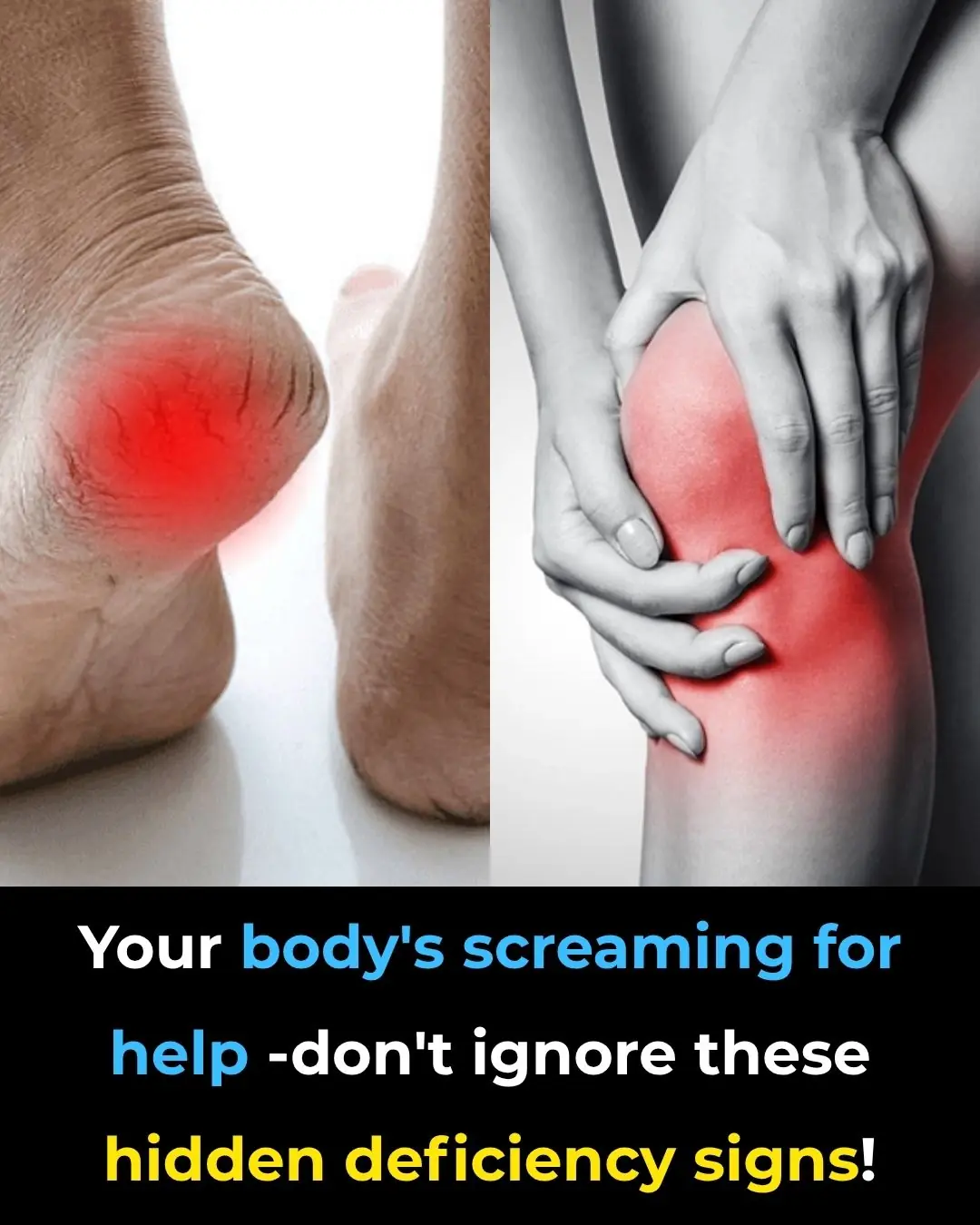
5 Deficiencies Almost Everyone Has (And Doesn’t Know About)
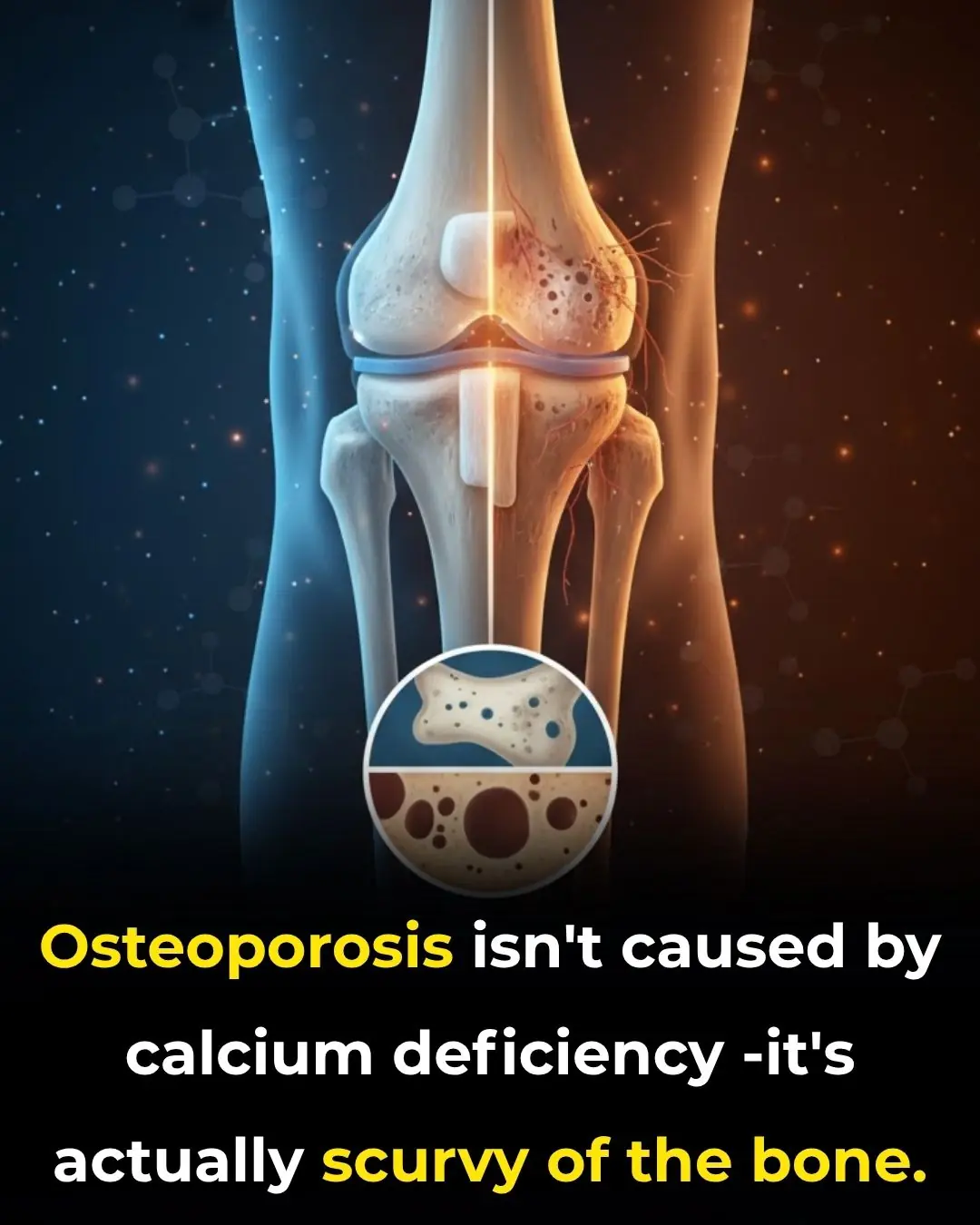
Osteoporosis Is Scurvy of the Bone, Not Calcium Deficiency
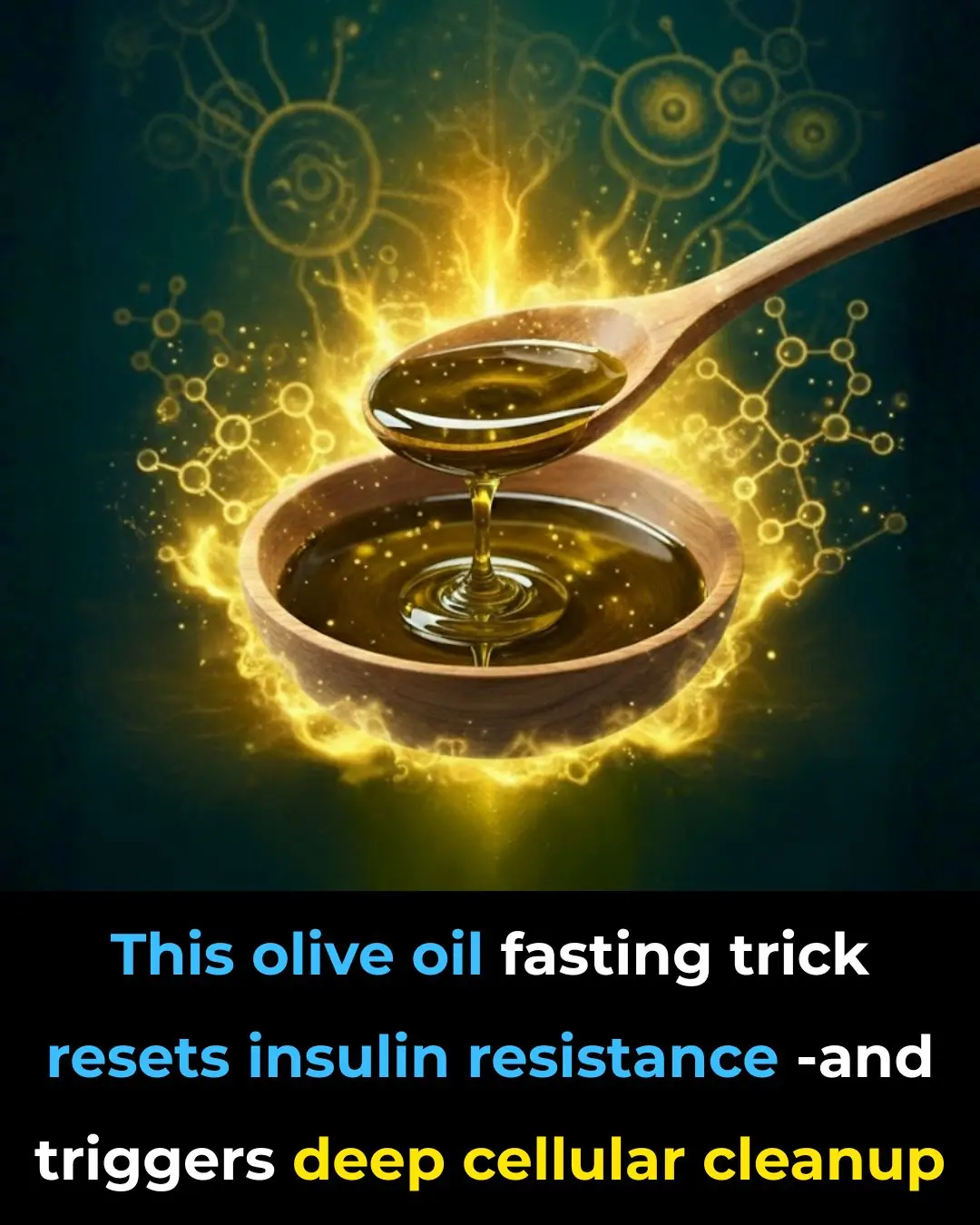
This olive oil fasting trick resets insulin resistance — and triggers deep cellular cleanup

Forget Calcium — Doctors Say This Is the #1 Exercise for the Strongest Bones
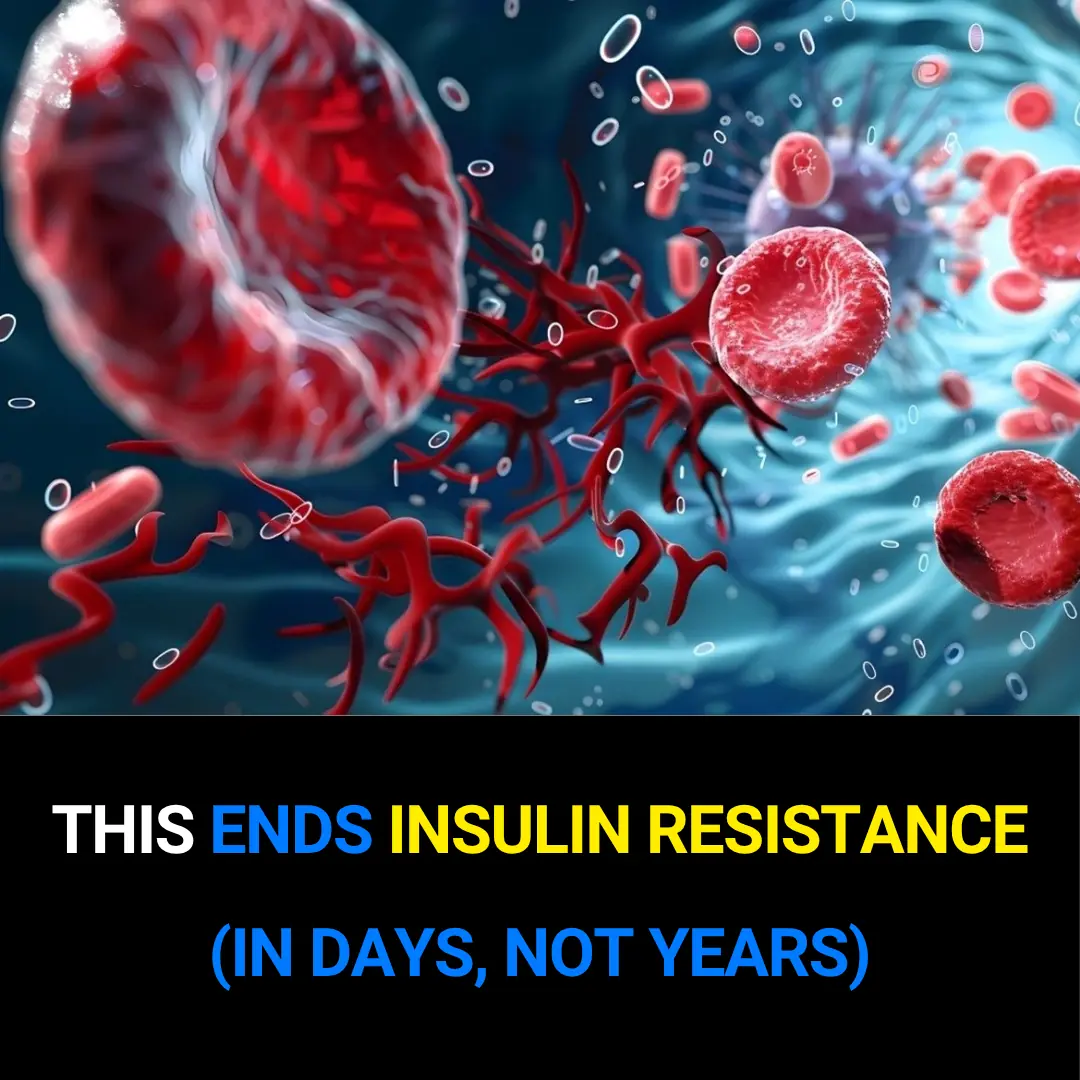
This Ends Insulin Resistance (in Days, Not Years)
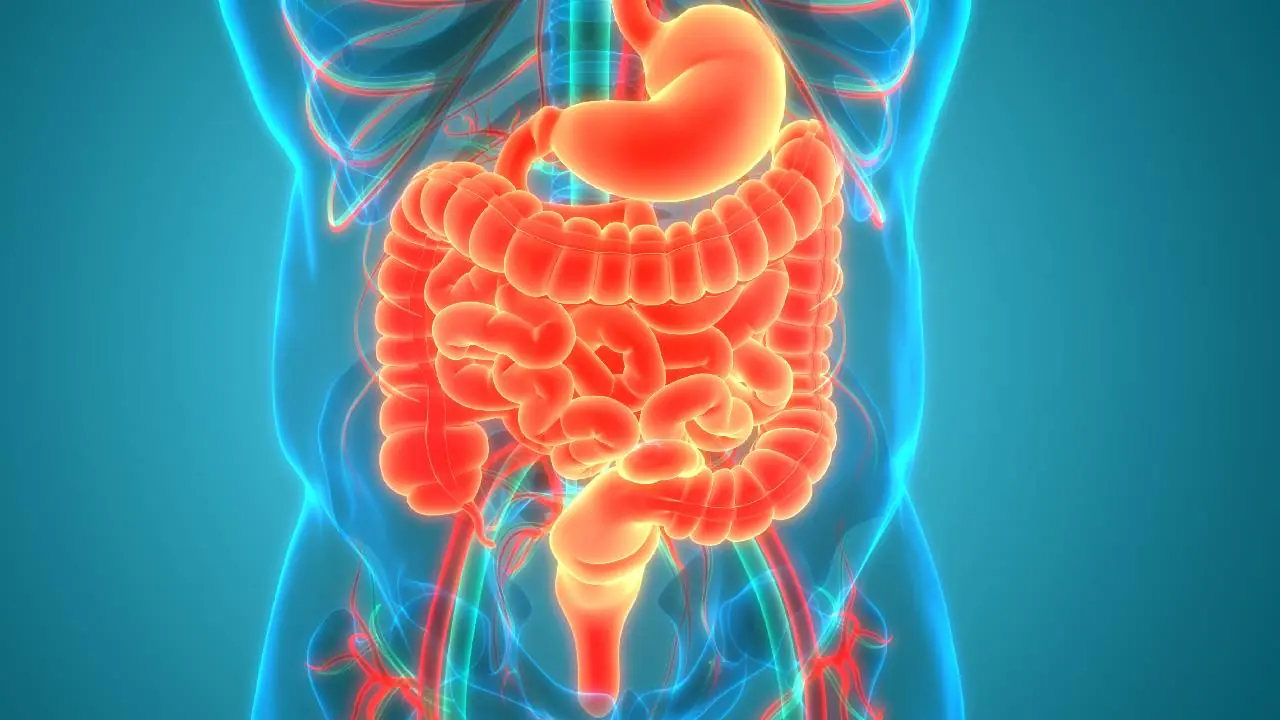
7 Warning Signs of Diverticulitis Most Doctors Miss
![Are You Being Misled About What Your Blood Pressure Should Be? [READ THIS CAREFULLY]](https://onplusnewscom.8cache.com/onplusnewscom/images/2025/10/25/1761400387Ii4TCVIhQj.webp)
Are You Being Misled About What Your Blood Pressure Should Be? [READ THIS CAREFULLY]
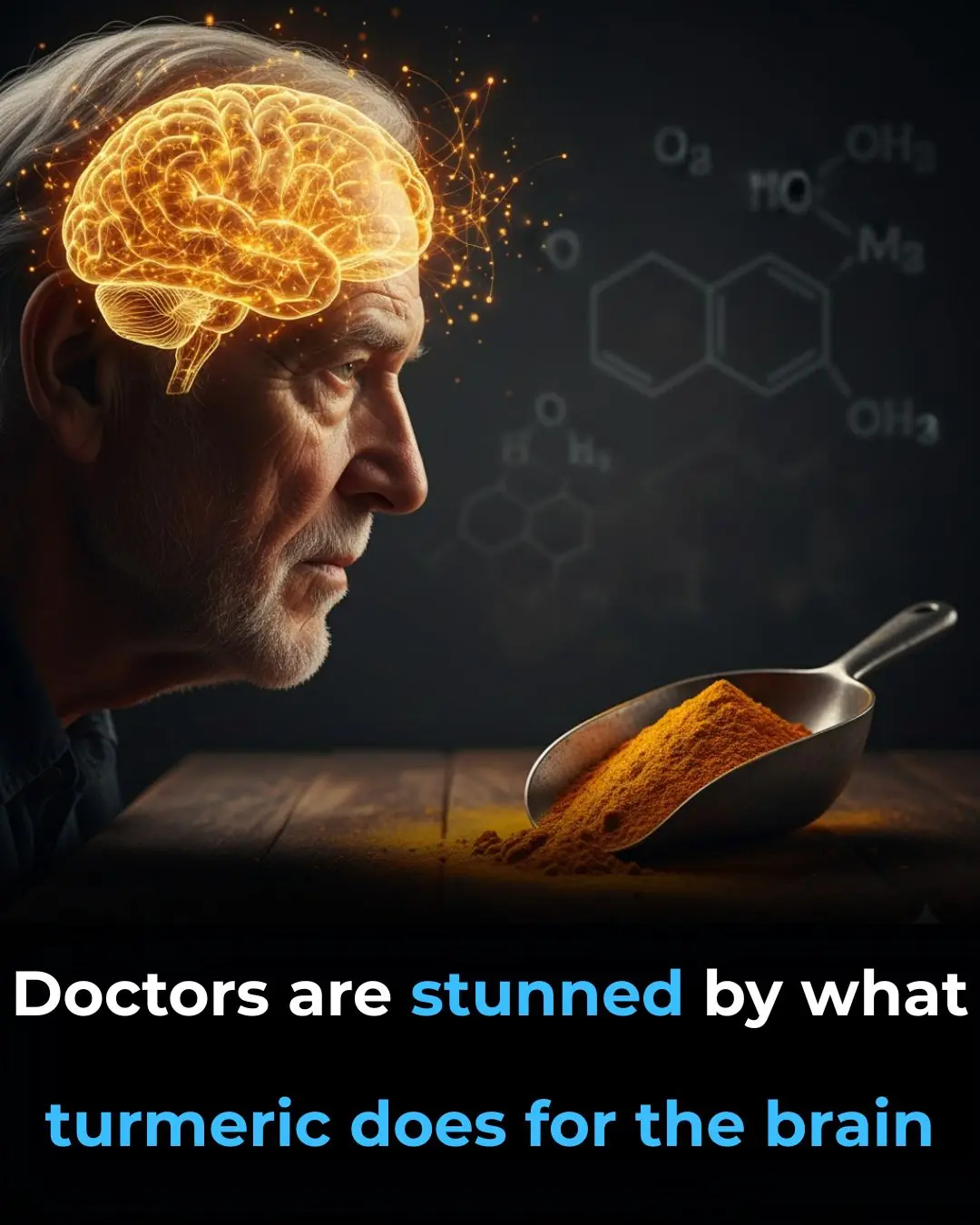
Medicinal Health Benefits of Turmeric, Curcumin and Turmeric Tea Based on Science
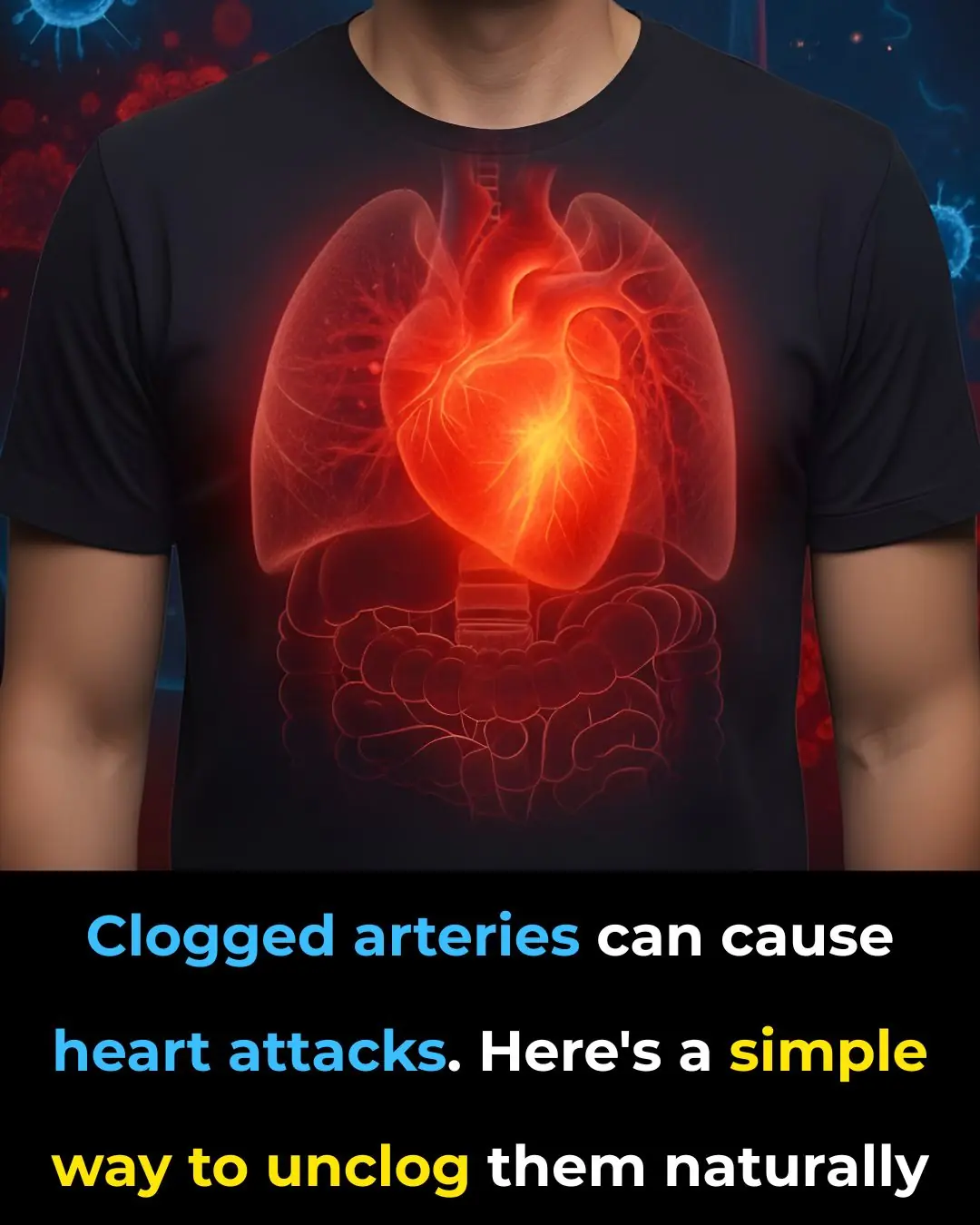
The Best Foods to Cleanse and Prevent Clogged Arteries
News Post

The Boy Who Hitchhiked 250 Miles to Meet His Hero.

A Waitress Named Susie and the Night Kindness Stole the Spotlight

The Lesson by the Lake: A Mother Bear’s Love That Teaches Survival.

A Moment of Joy: How a Playful Baby Elephant Stole Everyone’s Heart

The Coyote at the Grave: A Bond That Survived Fire and Time

Sasha’s New Chance: A Journey of Courage, Pain, and Hope

Devotion: The Lions Made of Love and Cardboard.

The “Guilty” Raccoon Who Stole Hearts Instead of Snacks.

A Metro Ride, a Meltdown, and a Miracle: How One Officer Turned a Child’s Worst Day into a Moment of Kindness the World Will Never Forget.

A Graduation to Remember: When a Police Officer Carried a Student Across the Finish Line.

A Moment of Joy: How a Playful Baby Elephant Stole Everyone’s Heart.

Meet Demi Johnson, the Teen Scientist Helping Restore Oyster Reefs in Mississippi

Holding On for a Miracle: Keontae McKinnon’s Brave Fight

A Homecoming Marked by Grief and Gratitude: The Corley Family’s Journey

From Shelter to Service: The Incredible Journey of K-9 Ron

Detroit Couple Celebrates Their 75th Wedding Anniversary And Credit Communication As The Key To A Lasting Marriage

This Mom Got Illinois To Sign A Law Banning Hair Discrimination In Schools

These Multilingual Siblings Have Created A Virtual Academy To Teach People How To Speak Other Languages

This Mother and Daughter Got The Chance To Serve On The Same U.S. Navy Ship Together
